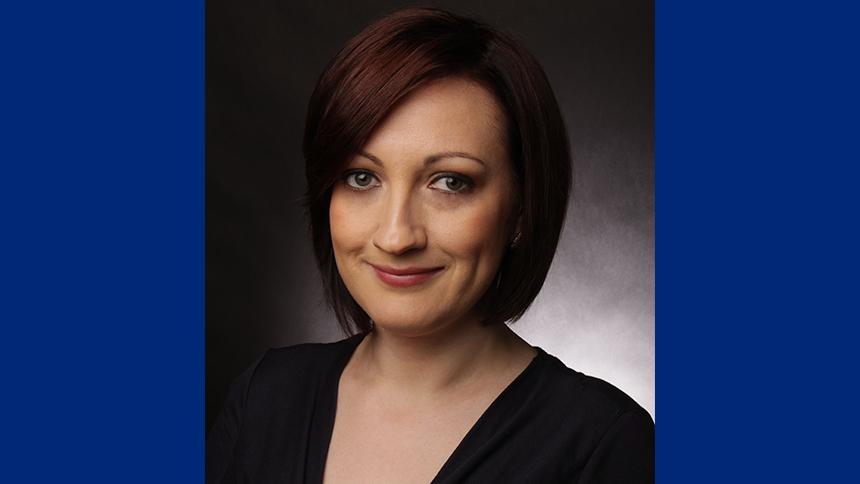Researching why some people get dementia points to how we could reduce risk
Understanding more about what makes some people more likely to develop dementia can help us to reduce future risk.
Dorina Cadar’s father was diagnosed with mixed dementia while she was doing her psychology degree in London.
‘Suddenly, my entire world as I knew it was shattered,’ she says. ‘He was highly educated and was very much aware of his sudden cognitive changes.
‘My mum kept asking why this happened to him, as we were not aware of anyone else in his family having dementia. There were so many questions.’
All of Dorina’s plans changed as she sought the answers to these.
What makes some people prone to develop dementia in later life, while others are doing so well and preserve their memory?
Longitudinal studies
Dorina now leads the CEDAR (Cognitive Epidemiology, Dementia and Ageing Research) lab at Brighton and Sussex Medical School, where she’s also Senior Lecturer in Cognitive Epidemiology and Dementia.
Several rounds of Alzheimer’s Society funding have supported her career development in the intervening years.
‘I work with a lot of longitudinal studies of ageing,’ she says. ‘These monitor many people for many, many years of their life.
‘Sometimes this is from birth, as in the British National Birth Cohort, and sometimes from middle life onwards.’
These studies provide information about people’s lives you wouldn’t get anywhere else – how their socioeconomic position, education and diet changed over time, the kind of work they did, and what other health conditions they developed. Some studies continue through the progression of dementia too, right to the end of people’s lives.
We are really lucky in this country to have a very good range of longitudinal studies of ageing. This allows us to investigate some of these questions which otherwise would not be possible.

Resilience and risk
Interesting as it is to learn what affects our risk of developing dementia, Dorina’s sights are fixed firmly on what we can do with this knowledge.
‘We’re focusing more on cognitive reserve – the capacity of the brain to face the damage happening as its cells are dying.
What keeps some people masking the signs of disease and still doing better in cognitive tests? Why are others not able to still maintain some level of resilience?
Even if our genes and earlier life put us at greater risk, there are still things we can do now to counter this. Dorina hopes her research will help us find ways to do this that are personalised to our own situations.
‘By not benefiting from higher education or a high socioeconomic position from parents and so on, sometimes we come with a disadvantage in life.
‘But actually there are other aspects which you can build on, and still compensate for some of the disadvantage you might have inherited.’
Research needs you
Call 0333 150 3456 and ask for the Join Dementia Research helpdesk or email [email protected]

